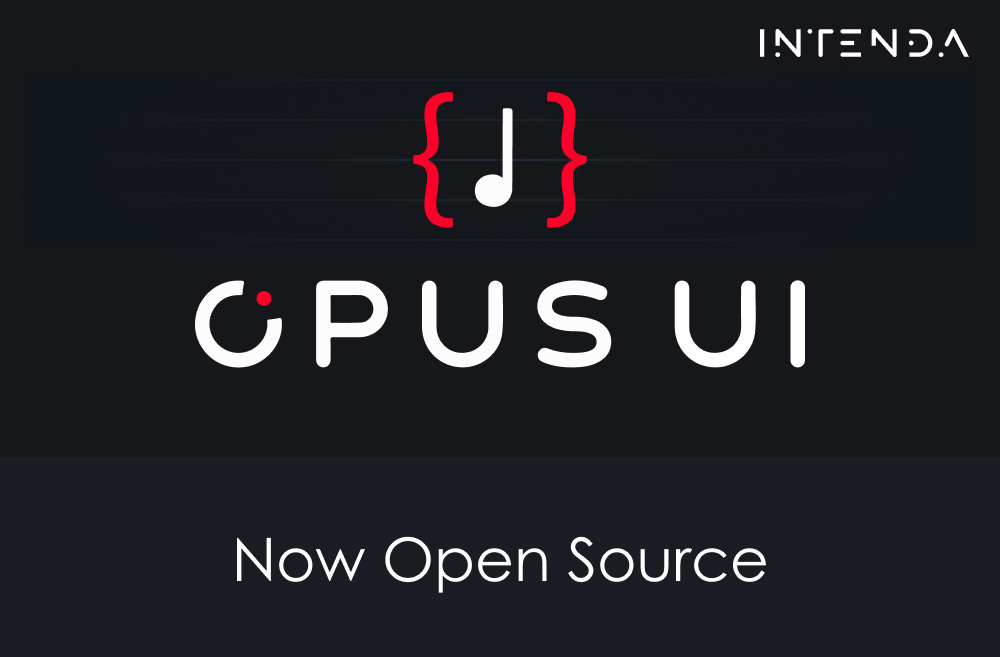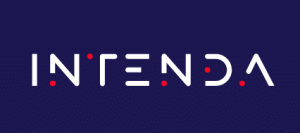COPYRIGHT © INTENDA 2025 | EMAIL info@intenda.tech


This month we have some very exciting news to share. You’ll notice that our mailer looks different and that’s because it’s all about Opus.
As of today, Opus is completely open source. It has also been renamed to Opus UI, but will often be shortened to Opus in client communications for the sake of brevity.
As many of our readers will be aware, Opus is a low-code application development module that forms part of our flagship platform, Fraxses. It provides developers with a powerful tool to rapidly build modular applications and has been extremely effective in building solutions for several of our key customers.
Our decision to open source the platform means that the power of Opus – which up until now could only be tapped through our bespoke development offering – becomes available to all developers. While bespoke development certainly remains part of Intenda’s service offering, and Opus itself will remain part of the Fraxses stack, we believe that placing the tool in the hands of the open-source community will have far reaching benefits.
By inviting developers to contribute and participate in its development, we aim to foster a community around Opus. Through making community our key focus, we ensure that Opus remains a rapid development platform, while also accommodating as many use cases as possible and ensuring the maintainability and efficiency of applications. We firmly believe that this is the fastest way for us to mature Opus into an even stronger platform.
Intenda’s role in the community will extend beyond development; it will encompass guidance and support as well. We are committed to maintaining transparency regarding the development roadmap, nurturing the community, and creating both open-source and proprietary tools. These efforts will empower developers to maximise the potential of Opus.
Along with benefitting Opus itself and the development community at large, the transition to open source will ultimately be most advantageous to our customers, who will always be our top priority. The reason for this is that the development community driving the platform’s advance will contribute to an ever expanding component library. These reusable elements can be seamlessly incorporated into any Opus application, facilitating an even faster and more streamlined rapid development process, further-reaching functionality and fewer constraints.
This is the beginning of an exciting chapter, and to all the developers out there, we hope you’ll come along for the ride! The Opus UI website is now live. Visit the site to find out more about the platform, and be sure to read our blog for the complete Opus story, from inception to open sourcing.

Our monthly email newsletter content is relevant and engaging. We know your time is valuable and will not spam you.
Thank you for contacting us.
We will be in touch shortly.
